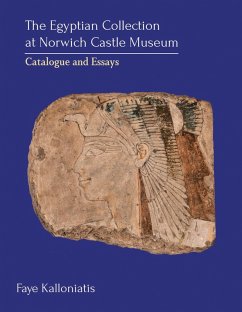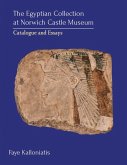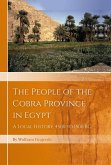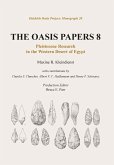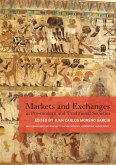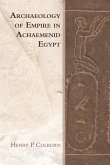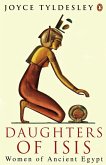The Egyptian Collection at Norwich Castle Museum represents the first full publication of this important collection which contains several outstanding objects.Part 1 begins with an outline of the acquisition history of the Egyptian collection and its display within Norwich Castle in 1894, when it was converted from a prison to a museum. The collection was largely acquired between the nineteenth and first part of the twentieth centuries. Its most prominent donor was Flaxman Spurrell, whose varied collection of flints, faience beads and necklaces as well as Late Antique cloths was obtained from Sir Flinders Petrie. Also prominent was the Norwich-based Colman family, most notable for its manufacture of mustard, whose collection was purchased in Egypt during the late-C19. Also included in this part are essays on several of the museum's outstanding items - Ipu's shroud, a rare early 18th Dynasty example with fragments also held in Cairo; the 22nd Dynasty finely decorated and well-preserved cartonnage and wooden lid of the priest, Ankh-hor; and the exceptional model granary of Nile clay painted with lively scenes, one showing the owner, Intef, playing senet.Part 2 is a detailed catalogue of the complete collection. It is organised into sections with objects grouped together mainly according to type - stelae, shabtis, scarabs, jewellery, amulets, vessels, flints, lamps, inscribed Book of the Dead fragments, metal figurines, and Late Antique cloths; and also according to function - such as cosmetics& grooming, and architectural & furniture elements. The inscribed materials have all been translated and individual entries give examples or parallels. Seventy colour plates illustrate each object.
Dieser Download kann aus rechtlichen Gründen nur mit Rechnungsadresse in A, B, BG, CY, CZ, D, DK, EW, E, FIN, F, GR, HR, H, IRL, I, LT, L, LR, M, NL, PL, P, R, S, SLO, SK ausgeliefert werden.

